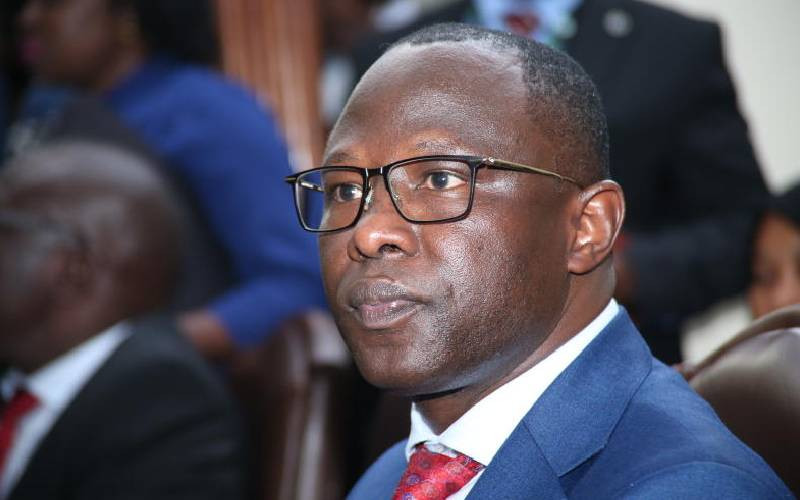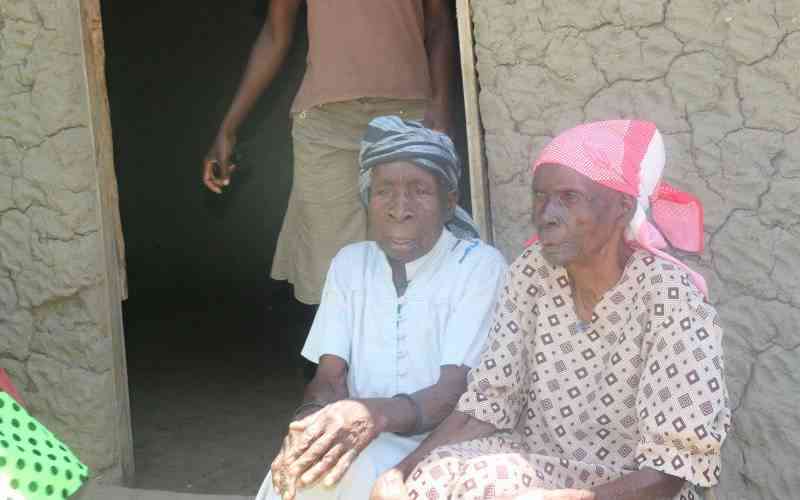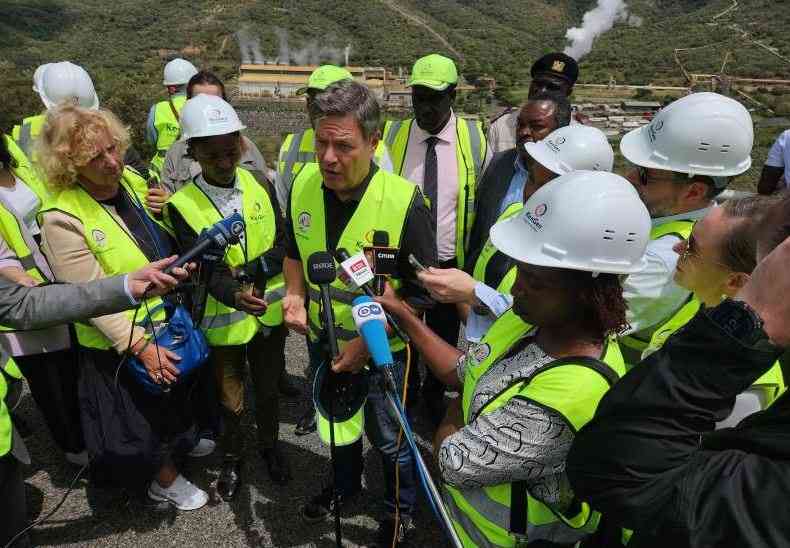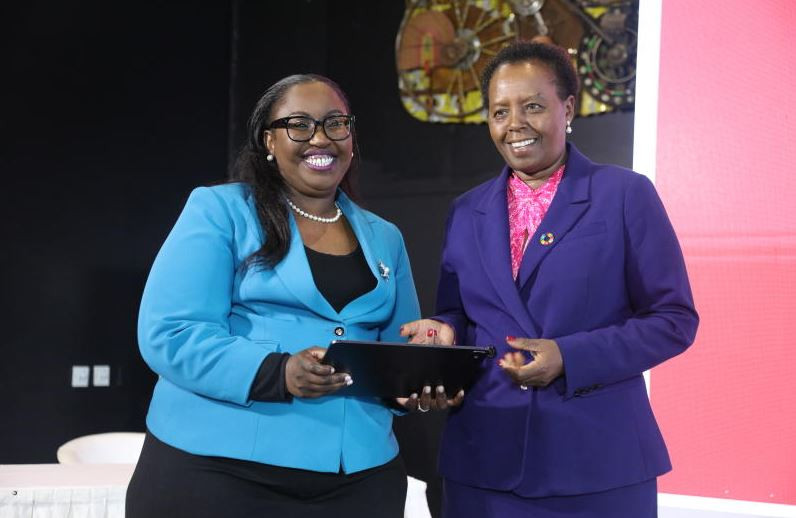
In a recent communique, the Independent Electoral and Boundaries Commission (IEBC) asserted that it cannot facilitate the recall of Members of Parliament (MPs) under Article 104 of the Constitution due to the lack of enabling legislation. Citing a 2017 High Court decision that nullified some sections of the Elections Act on grounds of discrimination, the IEBC pleads legislative paralysis as its excuse for inaction. This position, while technically accurate in a narrow statutory sense, is dangerously misleading and legally regressive in the context of the Constitution.
IEBC’s claim amounts to a reversion to colonial-era legal formalism. This is the same doctrine under which rights were not rights unless validated by Parliament, a thinking that subordinated constitutional authority to legislative whim. Such a posture contradicts the entire raison d’être of the Constitution; that is to rupture from the past and inaugurate a transformative, rights-centric constitutional order.
The constitutional right to recall elected representatives is enshrined in Article 104. The provision is direct, unambiguous, and self-executing. It states: “The electorate under Articles 97 and 98 have the right to recall the Member of Parliament representing their constituency before the end of the term of the relevant House of Parliament.” It does not say “subject to enabling legislation.” It is not framed as an aspirational goal. It is framed as a sovereign power vested in the people.
The IEBC seeks claims that it is shackled until Parliament deigns to act. This elevates statute above the Constitution and places the leash of legislative grace upon a fundamental right. To be sure, Parliament has passed the procedure under the Elections Act, what was invalidated was the requirement to obtain a court judgment before recalling an MP, which was of course a politically pre-designed hurdle to impede the right to recall under Article 104.
The stand by IEBC is offensive to the transformative vision of the Constitution. Kenya’s post-2010 constitutional framework is not a mechanical system of legal check boxes but a living charter of values, principles, and direct mandates. Take public participation under Article 10 as an example. No specific statute governs the exact mechanics of how public participation should happen in all settings, yet it is widely understood to be binding and judicially enforceable.
In Doctors for Life v Speaker of the National Assembly (South Africa, 2006), the Constitutional Court held that public participation need not await statutory guidelines to be enforceable. Similarly, Article 104 can and must be interpreted in this value-driven, purposive fashion. Then enters the scholarship of Karl Klare, the intellectual godfather of transformative constitutionalism. Klare argued that transformative constitutions "presuppose a participatory, egalitarian political culture" and are meant to ‘transform society’s unjust legacy’ through creative, non-formalistic interpretation. The Constitution of Kenya fits this mold precisely. It mandates fidelity to purpose, not ritualistic legal procedures. By citing the absence of legislative guidelines as a reason to paralyse constitutional implementation, IEBC fails this transformative test.
Closer to home, consider the jurisprudence of Justice Mumbi Ngugi, who has been unrelenting in her rejection of formalism in rights interpretation. In Centre for Rights Education and Awareness v Attorney General [2013], she found that constitutional interpretation must favour the enforcement of rights and where ambiguity exists, the interpretation that best secures access to justice must prevail.
This ethos justice over procedure is what IEBC refuses to embrace. The High Court decision in Katiba Institute v AG did not nullify Article 104. It merely invalidated discriminatory procedures outlined in the Elections Act. That judgment should have emboldened the IEBC to engage creatively with constitutional duty, not use it as an alibi for inaction. If Parliament’s silence creates a procedural vacuum, IEBC has the authority indeed, the constitutional obligation to design interim administrative measures to give effect to Article 104.
This is not alien to our system. In Judges and Magistrates Vetting Board v Kenya Human Rights Commission (2014), the Court of Appeal affirmed that constitutional mandates do not go into abeyance for want of legislation. Moreover, the idea that legislative silence can suspend citizen sovereignty is not just absurd, it is dangerous. It entrenches impunity. If MPs are the only class immune from citizen recall because they have refused to legislate the path for their own removal, we have turned constitutional accountability on its head.
What IEBC must understand is this, in a post-2010 legal order, fidelity to values trumps procedural convenience. The people are the original sovereigns, and constitutional rights must be interpreted to promote not defer their enjoyment. The commission should not wait for Parliament to draft an Act in its own image. Instead, it should actively facilitate recall through open frameworks, public participation, and judicial guidance. That is what a courageous, transformative commission would do. Let us call this reluctance by its true name, institutional cowardice. And it must not stand.
To claim paralysis in the face of a clear constitutional imperative is to betray not only the Constitution but also the democratic project it seeks to build. The right to recall is a direct expression of people power. It does not require a permission slip from the very political class it seeks to discipline. The path forward is simple: IEBC must abandon colonial deference to legislative inertia and embrace its role as a proactive guardian of constitutional democracy. That is not just its power, it is its duty to the people of Kenya.







